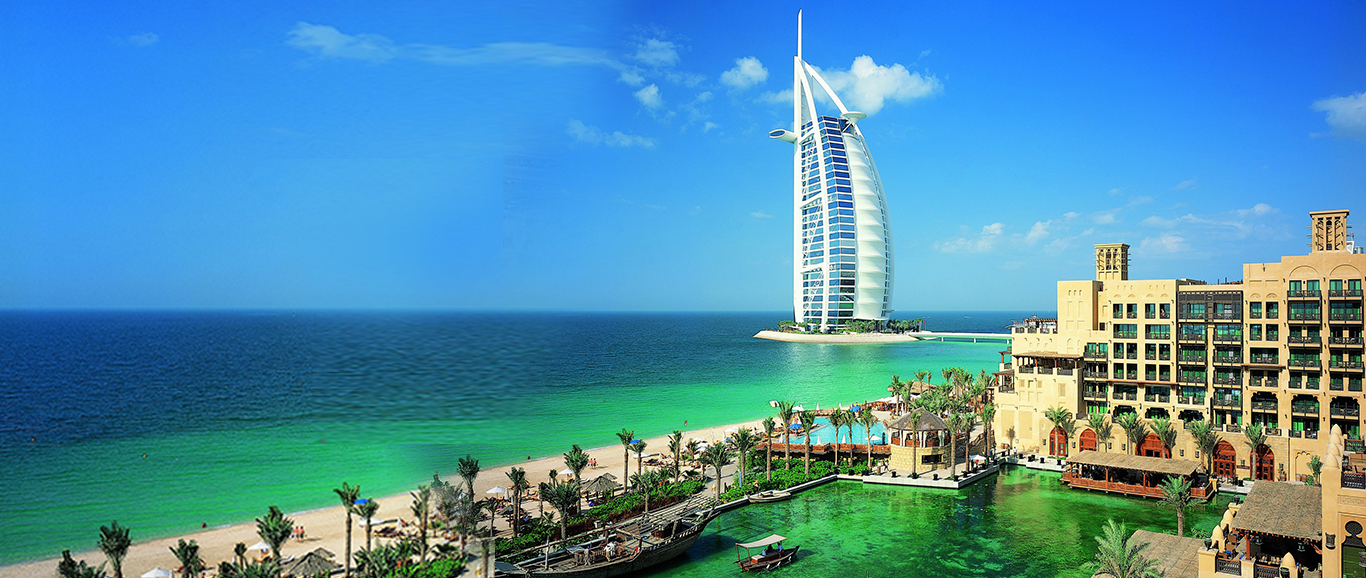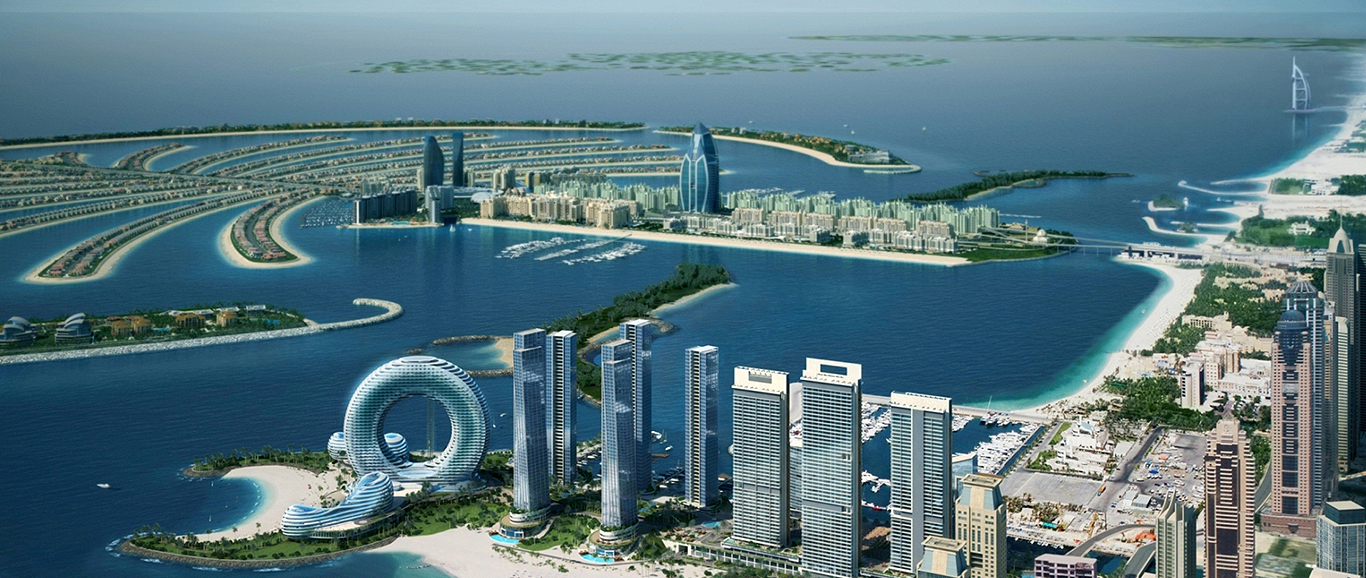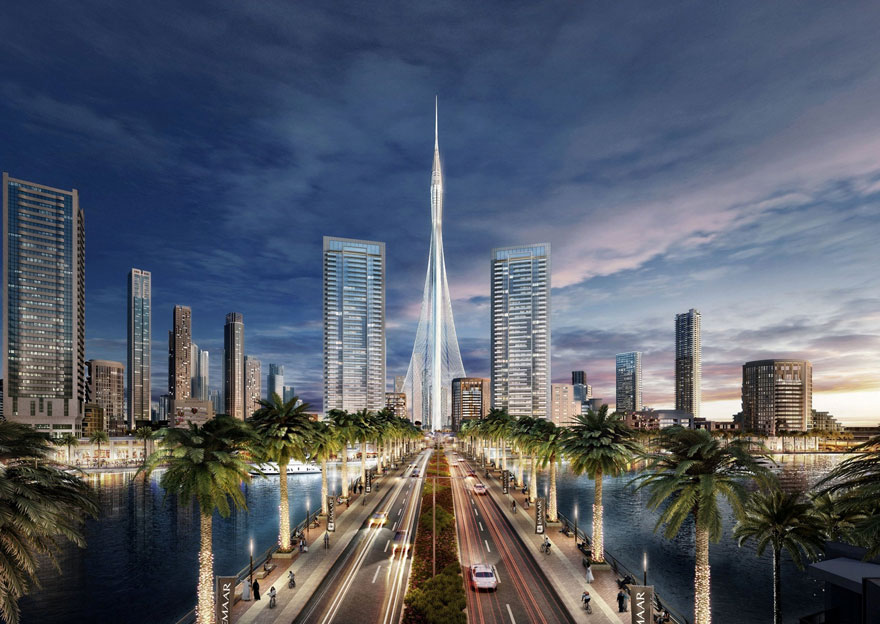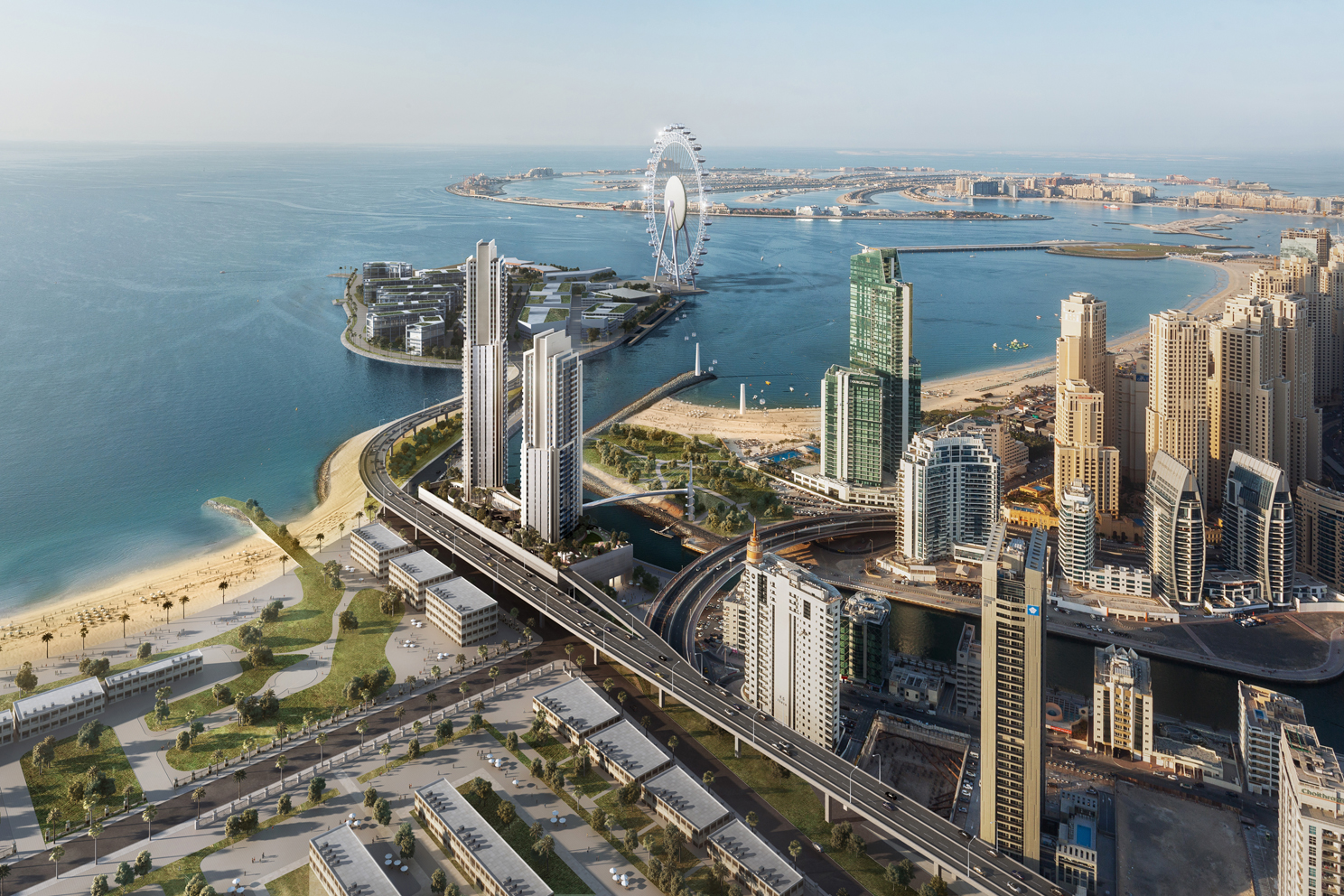




UAE in a nut shell
A century ago, Dubai was a tranquil town along the banks of Dubai Creek, where coral-and-gypsum huts housed Bedouin traders and pearl divers. Today, the merchants have gone international, their bounty calling forth science-fiction style skyscrapers from the sand to stand alongside the mosques and windrowers of old Dubai.
Trade, not oil, is the lifeblood of this traditionally Arabic and refreshingly tolerant society, where business brings the best and brightest from across the world to help build Dubai's future. It's the Middle East meets Hong Kong, with a little Las Vegas thrown in for style; a cosmopolitan melting pot at the crossroads of time - and the quintessential home of sand, sea, sun and shopping. Dubai's generally safe and secure for travelers although demonstrations and political gatherings are best avoided.
Population: 419, 104
Area: 35 sq km (15 sq mi)
Country: United Arab Emirates
Emirate: Dubai
Time Zone: GMT/UTC plus 4 hours
Visas
The UAE Federal Authorities are primarily responsible for all immigration matters, and visitors are advised to consult their nearest UAE embassy or consulate if in doubt about visa requirements. Information can also be obtained from the overseas offices of the Department of Tourism and Commerce Marketing.
In general, all visitors, except transit passengers who do not leave the airport on arrival and citizens of the Arab Gulf Cooperation Council states - Bahrain, Kuwait, Qatar, Oman and Saudi Arabia - must obtain visas sponsored by a local entity such as a hotel, company or travel and tourism firm to enter the UAE. However, British citizens with the right of abode in the UK and AGCC residents of certain qualifying nationalities and professions are issued automatic 30 day visas on arrival, and German and US citizens may obtain multiple entry visas from UAE Embassies.
Visas are easily obtainable for other visitors except for Israelis and travelers whose passports bear Israeli stamps.
A business visitor may enter Dubai with either a transit visa or a visit visa. Both types of visa require the sponsorship of a company or hotel licensed to operate within the UAE.
A transit visa entitles its holder to a stay of 14 days exclusive of arrival and departure days. A visitor planning a longer stay in the UAE may prefer to enter the country with a visit visa which entitles him to a stay of 30 days renewable twice up to a total of 100 days including a grace period of 10 days. A visit visa further entitles its holder to change his status to that of residence or employment provided certain conditions are met. A visa holder may enter and leave the country through any port of entry in the UAE.
Airlines may require confirmation that the sponsor is holding a valid visa for the incoming visitor.
When to go?
The best time of the year to visit the Dubai is between November and April, when the weather is coolest. The rest of the year you're more likely to be running from one air-conditioned environment to the next instead of getting out and exploring. Ramadan, which takes place at a different time each year on the western calendar, is the Muslim month of fasting and is strictly adhered to throughout the UAE. That means that it's illegal, not to mention rude, to eat, drink or smoke in public from sunrise to sunset during your stay. On the up side, hotel rates drop up to 70%.
Working Hours and Holidays
The normal maximum working hours are eight per day or 48 per week. However, these hours may be increased to nine daily for people working in the retail trade, hotels, restaurants and other such establishments. Similarly, daily working hours may be reduced for difficult or dangerous jobs. Many businesses work on a two shift system (for example, 8am - 1pm and 4pm - 7pm). As in all Muslim countries, Friday is the weekly day of rest. In practice, commercial and professional firms work 40-45 hours a week and government ministries about 35. The weekend for office workers has traditionally been Thursday afternoon and Friday, but a number of organizations have changed over to a five day week with Friday and Saturday as the weekend. During the Muslim holy month of Ramadan, normal working hours are reduced by two hours per day.
There are 10 days of public holidays (paid) in any year. The employee's annual leave is two days for every month if his service is more than six months and less than a year. In every completed year of service after the first, an employee is entitled to 30 days annual paid leave. This is in addition to public holidays, maternity leave for women and sick leave.
Overtime is used extensively and additional pay is required for manual and lower ranking staff.
Or leave a call back request and we will getback to you as soon as posible